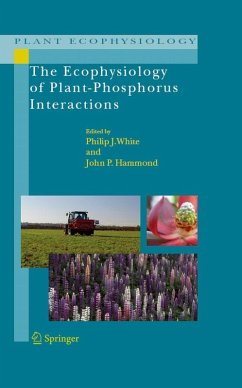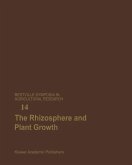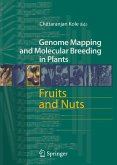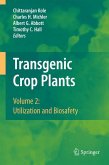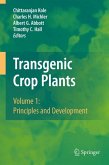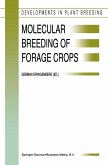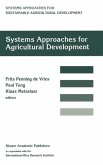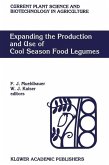This latest volume in Springer's Plant Ecophysiology series takes an in-depth look at these diverse plant-phosphorus interactions in natural and agricultural environments, presenting a series of critical reviews on the current status of research. In particular, the book presents a wealth of information on the genetic and phenotypic variation in natural plant ecosystems adapted to low P availability, which could be of particular relevance to developing new crop varieties with enhanced abilities to grow under P-limiting conditions.
The book provides a valuable reference material for graduates and research scientists working in the field of plant-phosphorus interactions, as well as for those working in plant breeding and sustainable agricultural development.
Dieser Download kann aus rechtlichen Gründen nur mit Rechnungsadresse in A, B, BG, CY, CZ, D, DK, EW, E, FIN, F, GR, HR, H, IRL, I, LT, L, LR, M, NL, PL, P, R, S, SLO, SK ausgeliefert werden.

